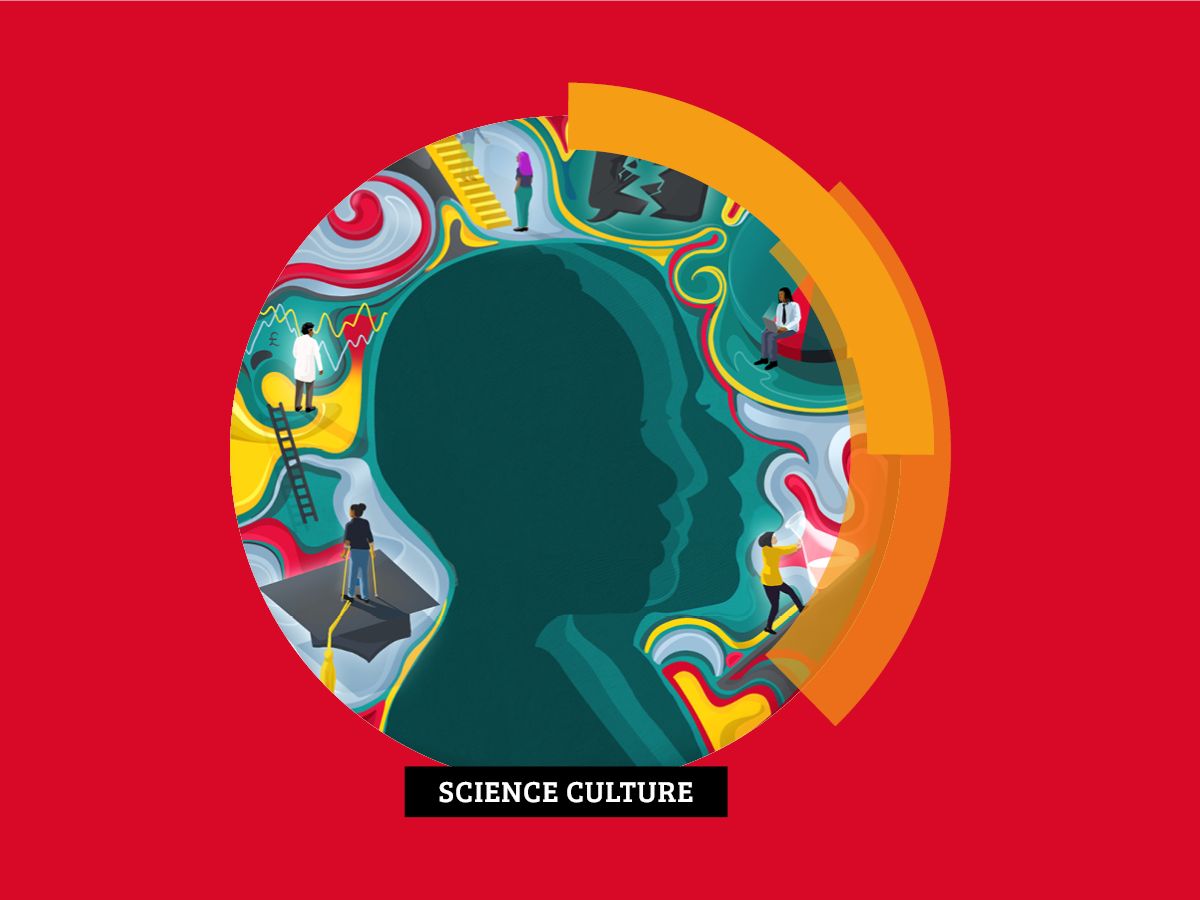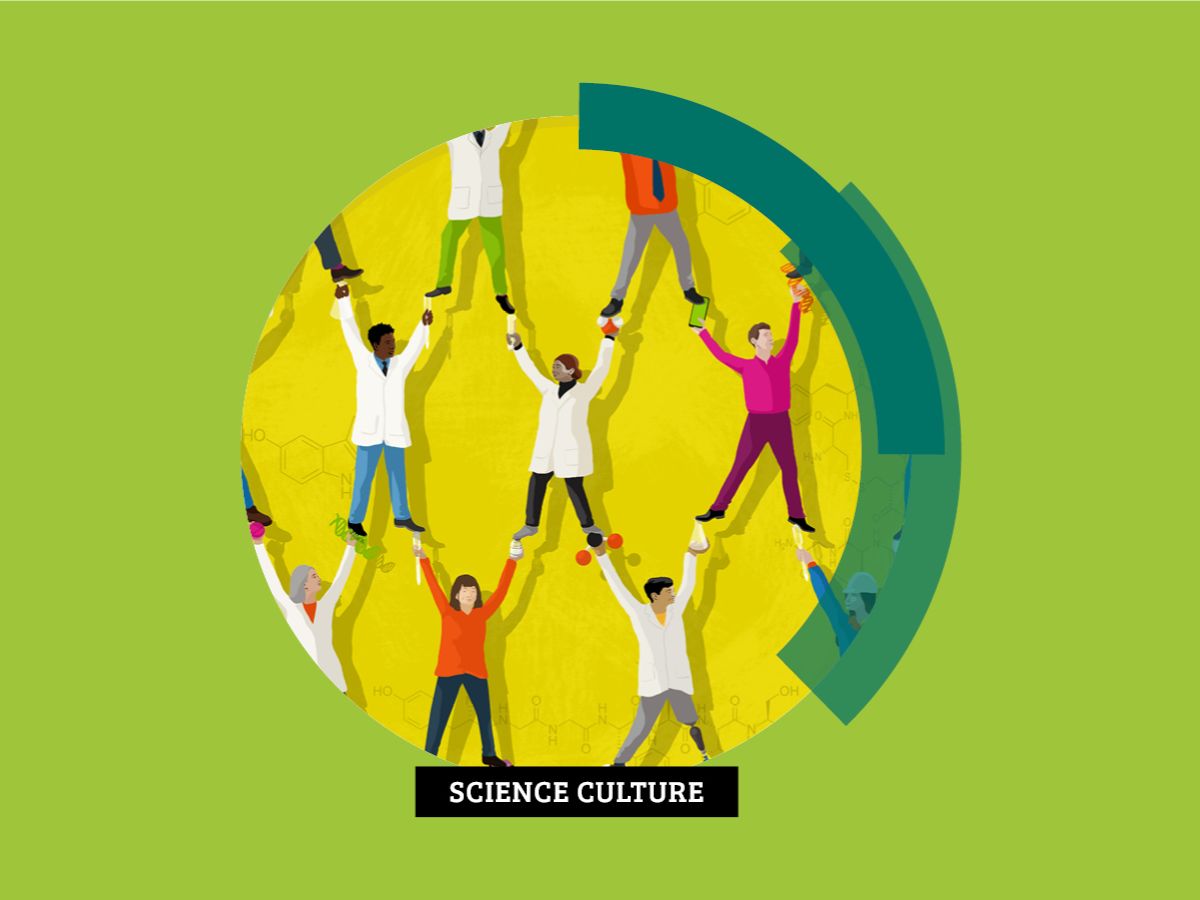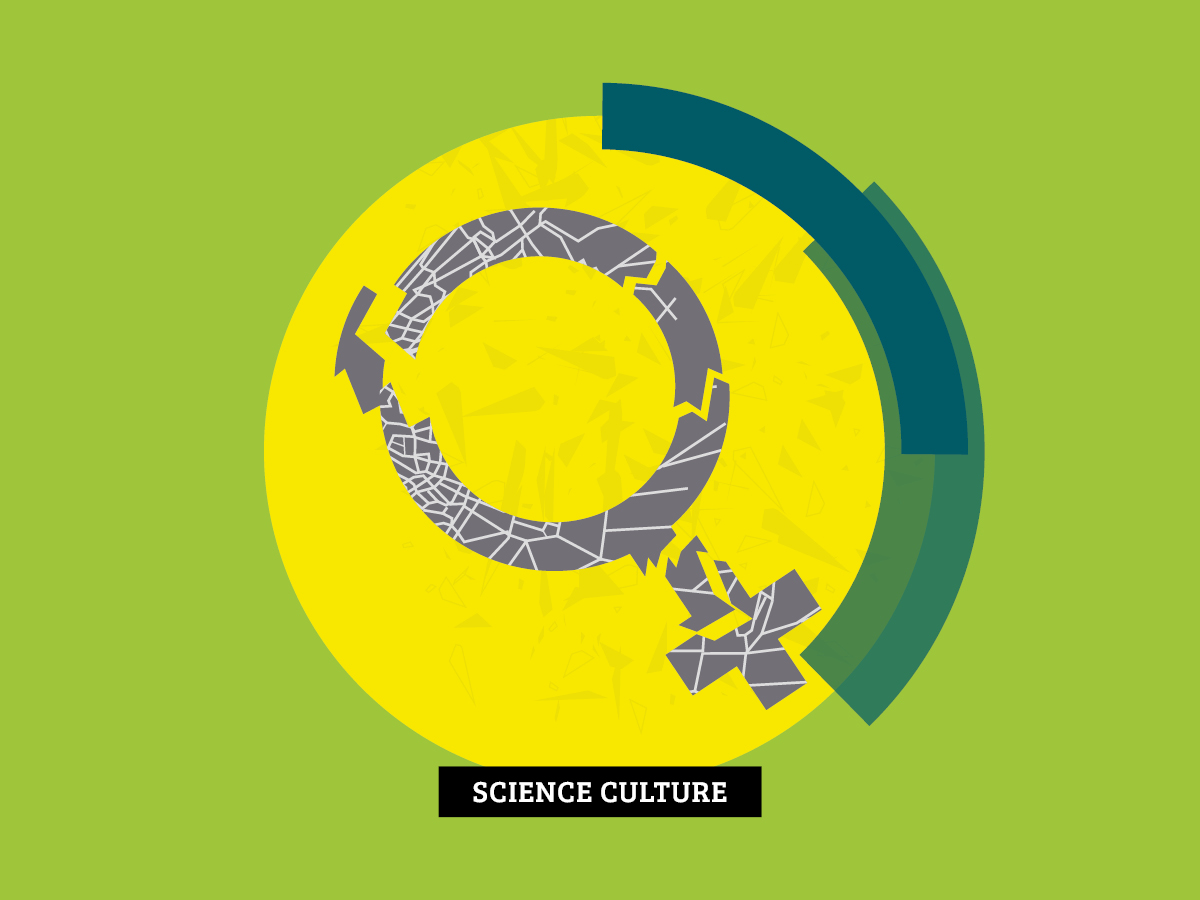Our work to improve inclusion, diversity, accessibility and culture in the chemical sciences
Chemistry should be for everyone
We recognise the importance of valuing all members of our community; we believe that for the chemical sciences to prosper, they must attract, develop and retain a diverse range of talented people.
As a professional and membership body, and a leading voice for the chemistry community, we have a responsibility to promote inclusivity and accessibility in order to improve diversity.
In the following pages, you can read about our influential and wide-ranging work to make chemistry more welcoming to everyone. You will find original research, toolkits and guidelines, and global collaborations covering gender, race and ethnicity, disability, sexual orientation and beyond.

Our studies, findings and reports
Disability in the chemical sciences
Chemistry should be welcoming and accessible to everyone. But, all too often, the experiences of disabled chemists and chemistry students are shaped by stigma and discrimination. There is a pervasive lack of awareness and understanding of disability and accessibility throughout the chemical sciences sector.
Disabled employees often have to self-advocate for the adjustments they need to work comfortably and effectively. But, if organisations and institutions planned environments and processes with inclusion in mind, many barriers would be reduced or eliminated.
We share what we have learnt from those in our community with experience of disability. And we provide suggestions for how organisations and institutions can improve disability inclusion.
Improving the culture in scholarly publishing

In our Joint commitment for action on inclusion and diversity in publishing, we have brought together 54 publishing organisations. See who has signed up and find out about our work so far - our standardised questions for self-reported diversity data collection and minimum standards for inclusion and diversity for scholarly publishing.
A vision for a great science culture
Science culture is defined by the conduct, practices and approaches of individuals, groups and organisations. We envision a science culture that supports an open, inclusive and enabling community for the benefit of everyone. It presents the behaviours and attitudes we value in science and sets out a common direction that everybody can take action on.
Racial and ethnic inequalities in chemistry

Our findings show talented Black chemists leave the profession at every stage of their career path after undergraduate studies. People from Black and minoritised ethnicities are underrepresented at senior levels in industry and academia. We need to talk about and address racism, discrimination and inequality in the chemical sciences. Read our report.







